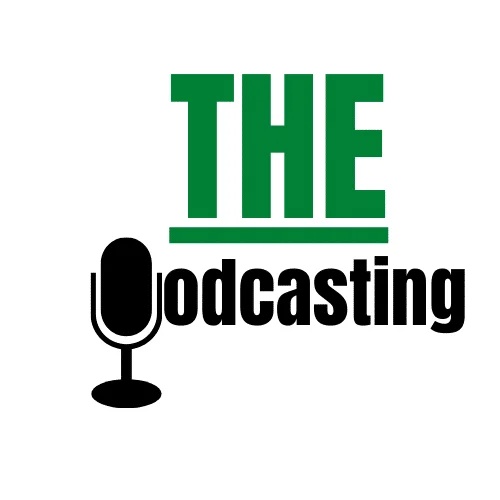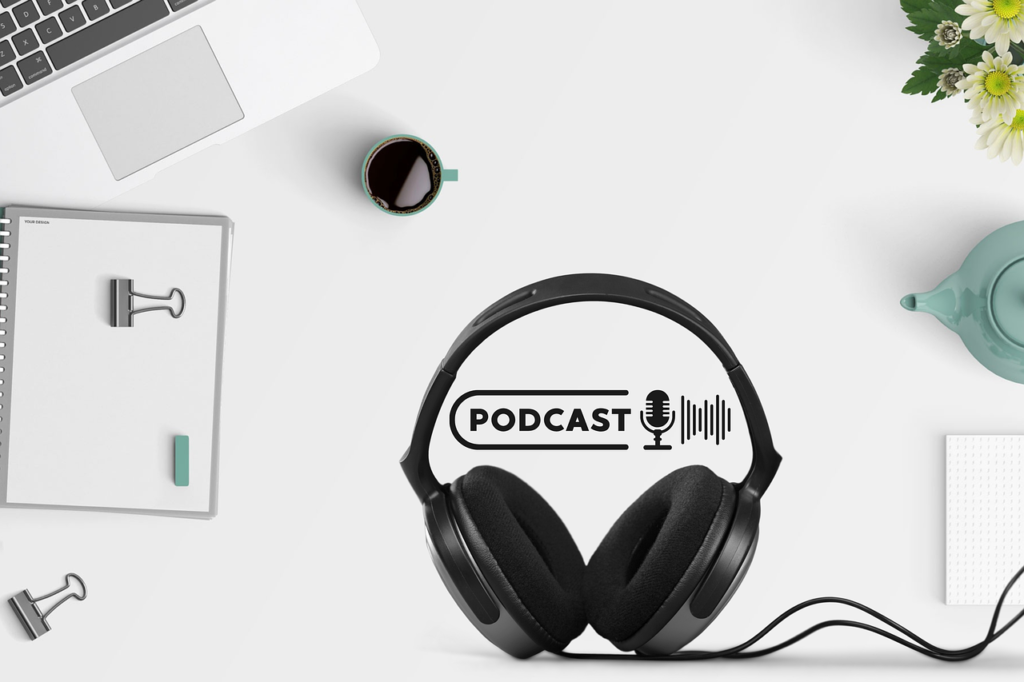Podcasts have been a popular medium of audio entertainment and education for over a decade now. They are digital audio files that are available for download on the internet and can be played on various devices like smartphones, laptops, and tablets. Podcasts provide a convenient and flexible way to consume audio content, whether it be for entertainment or to learn something new. In this article, we will explore the top 10 differences between podcasts and other forms of audio content.
Exploring the World of Podcasts: An In-Depth Guide
- Portability: Podcasts are designed to be listened to on-the-go, allowing users to take their content with them wherever they go. This makes them an ideal choice for busy people who don’t have time to sit down and listen to a long audio file.
- Accessibility: Podcasts are easily accessible through various platforms like Apple Podcasts, Spotify, and Google Podcasts, making it simple for listeners to find and subscribe to their favorite shows.
- Flexibility: Unlike traditional radio or television shows, podcasts can be listened to at any time and can be paused, rewound, or fast-forwarded. This allows listeners to consume the content at their own pace and on their own schedule.
- Wide Range of Topics: Podcasts cover a wide range of topics, from current events and politics to sports and entertainment. This makes them an ideal source of information and entertainment for people with diverse interests.
- Interactivity: Some podcasts allow listeners to interact with hosts or guests through social media, email, or other platforms, providing a more engaging and personal experience.
- Low Cost: Podcasts are typically free to listen to, with hosts relying on advertising or sponsorships to support their shows. This makes them an affordable alternative to paid audio content.
- User-Generated Content: Podcasts are often created by individuals or small teams, allowing for a greater variety of voices and perspectives to be heard.
- Niche Content: Because podcasts can be created on a small scale, they often cater to niche audiences with specific interests, making them a great way to find content that may not be available elsewhere.
- No Geographical Restrictions: Podcasts can be accessed from anywhere in the world, making them a global medium that allows people to connect and share ideas and information.
- Long-Form Content: Podcasts can be as long or as short as the hosts want, with some shows lasting several hours. This provides listeners with in-depth, in-depth analysis and discussion of a topic, making them ideal for learning about a new subject.
Podcasts have become a popular form of audio content due to their portability, accessibility, flexibility, and low cost. They offer a wide range of topics and cater to niche audiences, making them a great way to stay informed and entertained. Whether you’re looking for a new hobby or just want to learn something new, podcasts are a great resource to explore.


